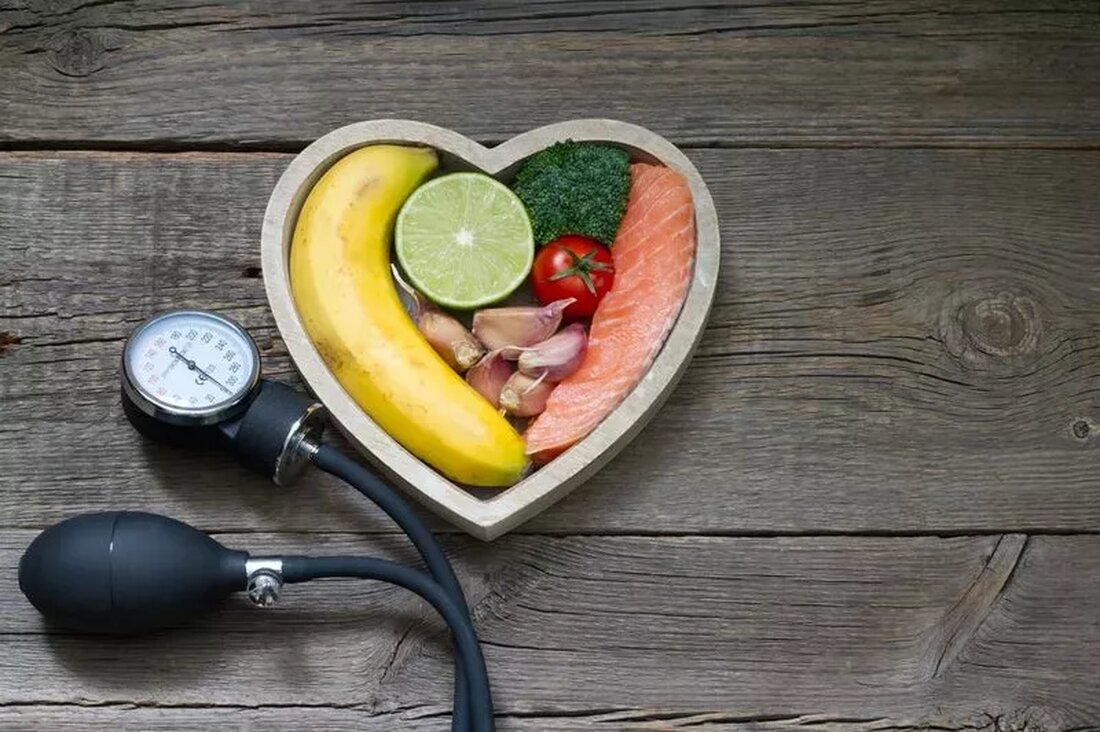What is a holistic health practitioner? (HHP)
“Holistic” comes from the Greek word holos, meaning “whole.” The goal of a holistic health practitioner is therefore not to focus on the illness, but rather on the well-being of the mind, body, emotional and spiritual well-being. The difference between what an allopathic conventional professional does and what a holistic practitioner does is easy to explain. Orthodox allopathic medicine focuses on treating symptoms of disease, while holistic therapies focus on preventing or addressing the cause of disease. One deals with parts or parts of the body, while the other deals with the person as a whole; proper nutrition, healthy mental,...

What is a holistic health practitioner? (HHP)
“Holistic” comes from the Greek word holos, meaning “whole.” The goal of a holistic health practitioner is therefore not to focus on the illness, but rather on the well-being of the mind, body, emotional and spiritual well-being. The difference between what an allopathic conventional professional does and what a holistic practitioner does is easy to explain. Orthodox allopathic medicine focuses on treating symptoms of disease, while holistic therapies focus on preventing or addressing the cause of disease. One deals with parts or parts of the body, while the other deals with the person as a whole; proper nutrition, healthy mental, emotional and spiritual aspects of self.
A holistic practitioner uses non-invasive, drug-free healing methods to allow the client to achieve a state of homeostasis. The big advantage of a holistic alternative practitioner is that you can never be bored in your practice, because there are numerous methods in holistic medicine that target the whole person. It's an enjoyable process to continually expand your knowledge base. Some of the methods used depend on the credentials; Acupuncture, homeopathy, nutrition, self-care, energy medicine, spiritual counseling, reiki, meditation, sauna therapy, catalytic herbs, Chinese herbal medicine, hair analysis, application of ancient wisdom principles, intention power, quantum physics, brain reprogramming, to name a few.
A holistic practitioner understands that the body has an innate ability and intelligence to heal when given the right tools - exercise, inner reflection, nutrition, rest and social interaction. When holistic medicine is used in conjunction with conventional, allopathic medicine, we typically call it complementary and alternative medicine (CAM).
The key is to balance the body-mind-spirit connection by integrating practices from all of these perspectives. Holistic health emphasizes prevention, health maintenance, longevity and well-being. A practitioner also becomes, in a sense, an intuitive life coach, addressing the client's entire world, including family, career, health, and spiritual needs. A holistic practitioner knows that the client is fully responsible for their own healing and sees them as an active participant in the healing process.
Allopathic medicine is reactive while holistic is proactive. Holistic medicine works best for preventing disease as well as alleviating and exploring the cause of chronic illness. A practitioner can check the level of toxicity and put a plan in place to help the body help itself by gently removing the toxins and then using a whole program to build the immune system.
What do holistic health practitioners do once they complete a holistic health practitioner program? The ideas and possibilities are endless; from making or formulating nutritional supplements to conducting health seminars, telecourses, writing articles, books or workbooks or training others, owning your own business or consulting practice - the list is endless depending on how creative you want to get. The great thing about HHPs is that they can successfully work from home and create their own hours and cost per client session.
If you are interested in enrolling in a home study or correspondence HHP program and seeking certification as an HHP through the American Association of Drugless Practitioners, check out our preset HHP programs or choose five courses to create and build your own HHP program. To browse our natural health, energy healing and spiritual counseling programs, visit here http://www.holistichealersacademy.com.

 Suche
Suche
 Mein Konto
Mein Konto
